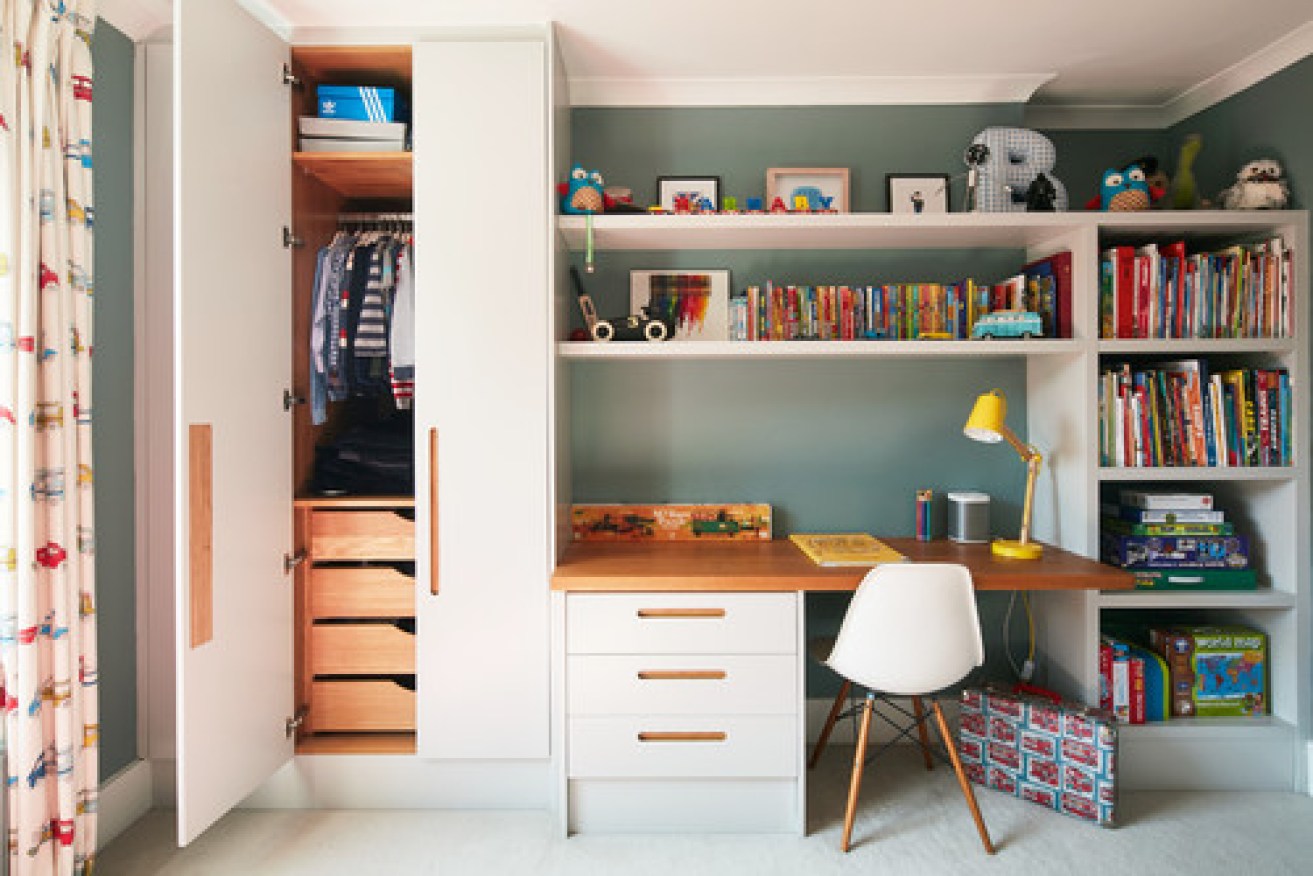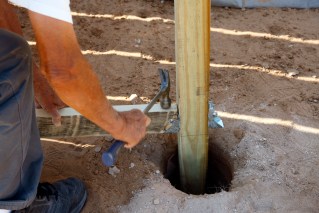How you can help your child develop good homework habits


A well lit, well ventilated space will foster good work habits. Photo: Finch London
In this practical series, we ask experts to answer your burning questions. Here, Dr Suzy Green, clinical and coaching psychologist, who is working with Officeworks to promote positive psychology for school and work, shares some practical tips for parents who want their primary school-aged child to build positive and practical homework habits.

Photo: Scott Weston Architecture Design
Some parents believe that homework is not beneficial to a child, others believe that developing good homework habits can build a child’s character strength and develop the broader life skill of self-regulation.
For those parents who want their children to develop homework habits, please read on.
Have a relaxed chat with your child
Ask them why they think it’s important to carve out time to do homework rather than telling them they have to do it. Your child needs to find their own reasons for doing their homework. Research suggests that intrinsically motivated children (and adults) are more likely to be self-regulated, complete their tasks and achieve their goals.
Offer choices
Let your child help set their homework routine. Giving your children choices helps empower them and ensures that homework is a positive activity.
Set a routine
Children thrive on routine, and understanding what is expected of them allows them to take responsibility for their work. Routines could include choosing a specific time or location in the house to complete homework, and strategies for how to tackle challenges.

Photo: Estibaliz Martín
Create a homework plan
Do this with your child, including when it will be done, how long it should last for and what sort of reward they can receive upon completion (for example, outside play or some time watching their favourite television show).
Chunk down large homework tasks into smaller ones
Create tasks that can be completed over a week or two. This ensures that assignments don’t seem overwhelming and lead to your child procrastinating. Get your child to plot out when assignments are due, and come up with a plan together for completing each task on time.
A quiet, well-lit, low-traffic space is best to aid concentration. This could be a study nook off the kitchen (which may mean you’ll be close enough to offer assistance when required), or a purpose-fit desk in a study or your child’s bedroom.
Get organised
Make sure your child has all the stationery supplies they need to complete the homework task, such as books, pens, paper, rulers, glue, and whatever else they may need. It’s all too easy to procrastinate and put a task off if you don’t have what you need to complete it.
What about screen time?
There is plenty of debate on the volume of screen time children should have, and where screens should be located in the home. However, the reality is children need their devices for school and homework and this need is only going to increase as they get older.
You might consider banning mobile phones during homework time, but allowing laptops and tablets. Monitor their usage during designated homework times so that it’s not being disrupted by leisure activity.
And ensure kids understand your rules around screens. If they know that homework time is excluded from their overall screen-time allocation (and there will be more time later for them to use their devices), they will be more likely to concentrate on the task at hand.

Photo: Mia Mortensen Photography
How important are ventilation and natural light?
Research shows that natural light and a comfortable room temperature can help us be more productive. A study from Cornell University in the US discovered that when temperatures are low (around 20 degrees Celsius), employees made 44 per cent more mistakes than at an optimal room temperature (around 25 degrees Celsius).
Where possible, ensure your child’s study environment has plenty of natural light, fresh air, and isn’t too close to an air-conditioning duct or heater. If your child works after dark, invest in good-quality lighting to avoid eye strain.

Photo: Brett Mickan Interior Design








